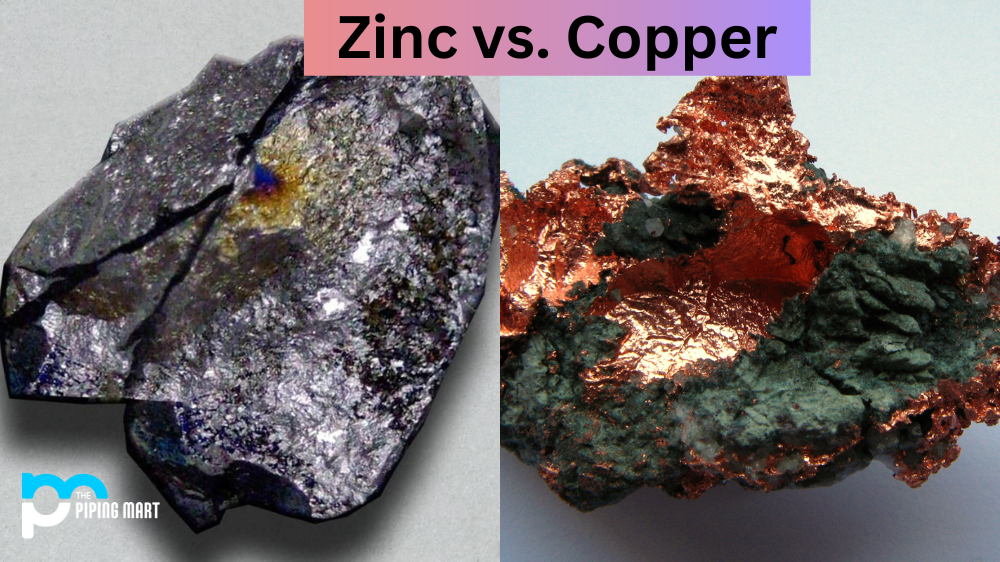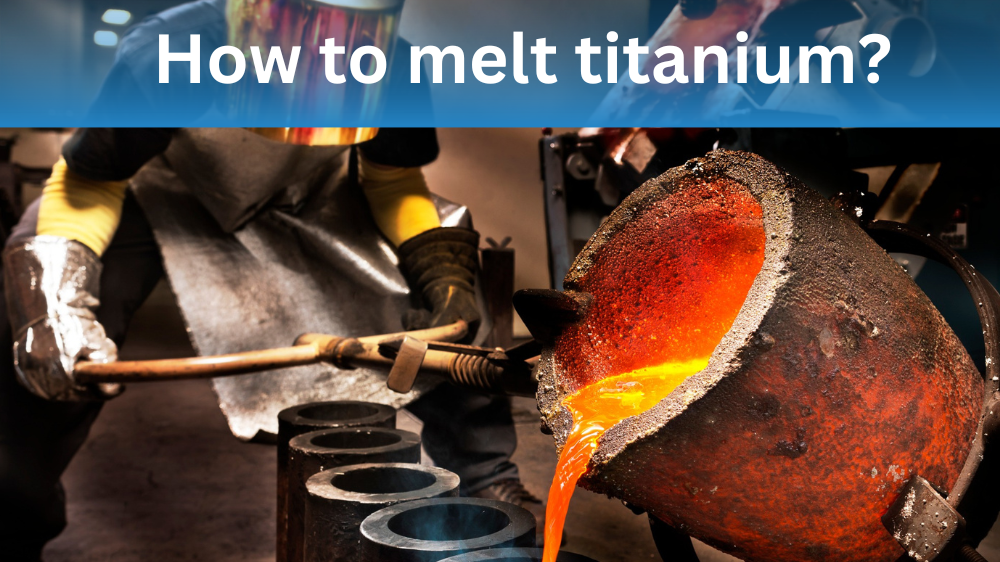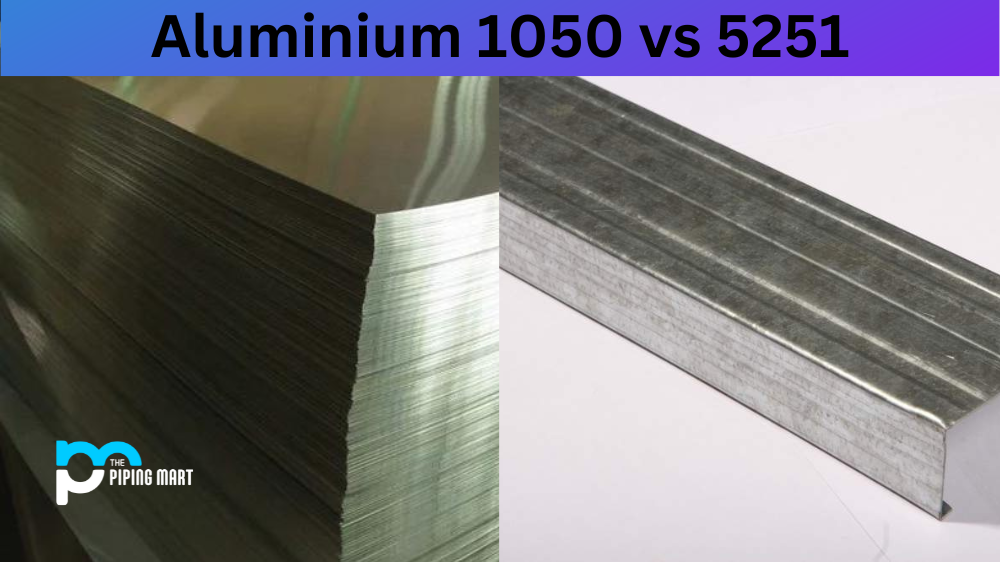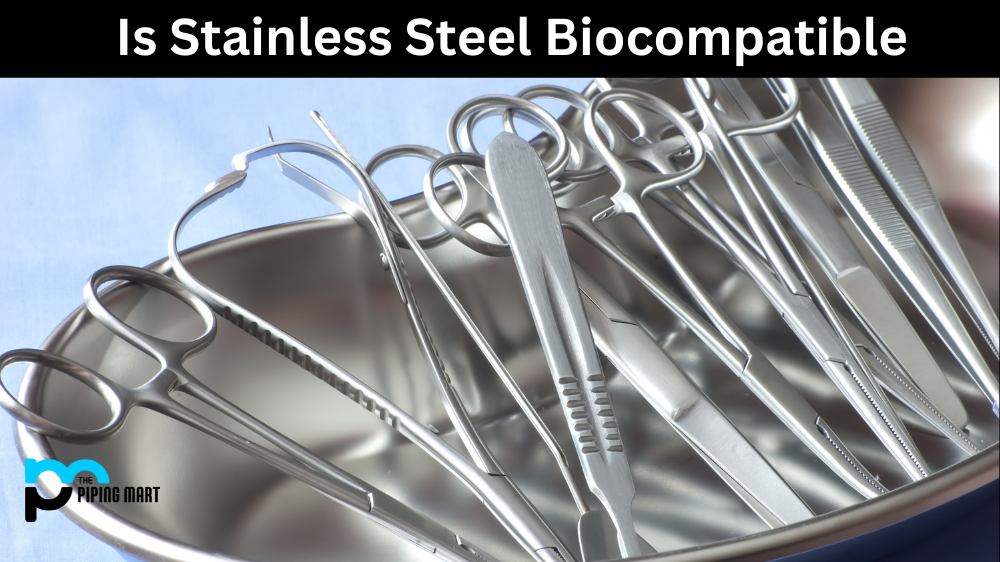Are you trying to decide between zinc and copper for your next project? While both metals have similar properties, there are some key differences that could make all the difference when it comes to durability and cost. Let’s take a look at zinc vs. copper so that you can make an informed decision.
Properties of Zinc
Zinc is a silver-white metal with a bluish tint. It is strong, ductile, corrosion-resistant, and malleable. Zinc has excellent electrical conductivity and makes an excellent galvanizing material due to its corrosion resistance. For example, it is often used as a coating on steel products to prevent rusting. Additionally, zinc can be alloyed with other metals, such as aluminum or magnesium, to create stronger alloys.
Properties of Copper
Copper is an orange-red metal with excellent thermal and electrical conductivity properties. It has good strength and ductility but tends to corrode more easily than zinc. However, this corrosion can be slowed by adding other elements, such as nickel or chromium. Copper also has excellent formability, which makes it easy to shape into complex designs or components like wiring or plumbing pipes.
Cost Comparison
When it comes to cost, zinc generally costs less than copper in most cases due to its abundance in nature compared to copper’s scarcity. Additionally, production costs for zinc tend to be lower than those for copper because there is less energy required for extraction and refining processes due to its lower melting point compared to copper’s higher melting point. The cost difference between the two metals will vary depending on the type of project you are working on and whether you purchase from a local supplier or online retailer.
Conclusion:
In conclusion, both zinc and copper have their own unique advantages when it comes to projects around the home or office. Which one you choose will depend on the type of project you are working on as well as your budget constraints – while zinc may be cheaper initially, its lower corrosion resistance could lead you to need replacements more often, while copper may require more upfront investment but offer greater longevity in return. We hope this article has provided some insight into understanding the differences between these two metals so that you can make an informed decision!
Sakshee is a talented blogger, with a particular focus on the Business and Metal Industry. She is passionate about sharing her insights on various metal products and helping professionals to make a better decisions.




